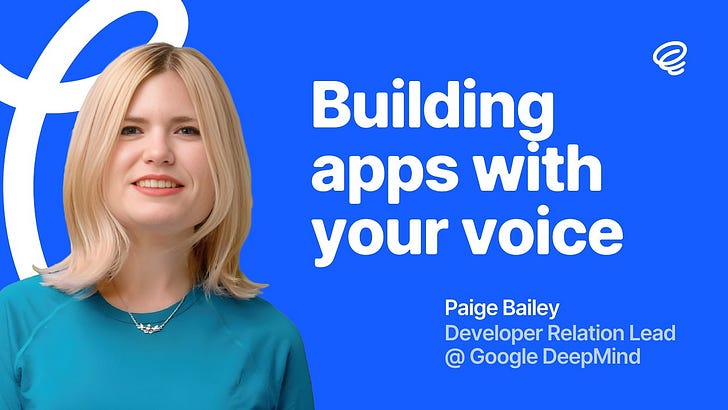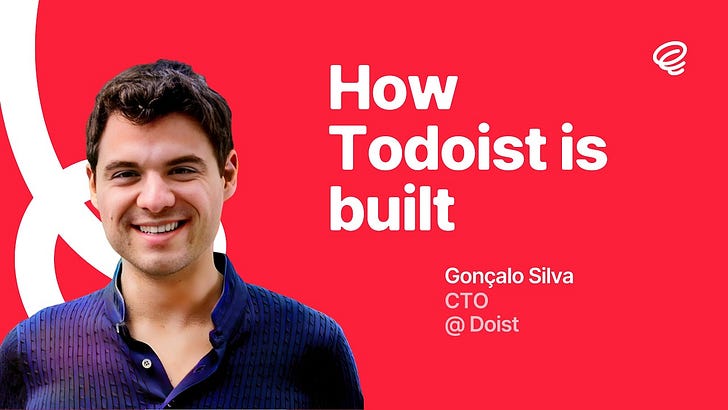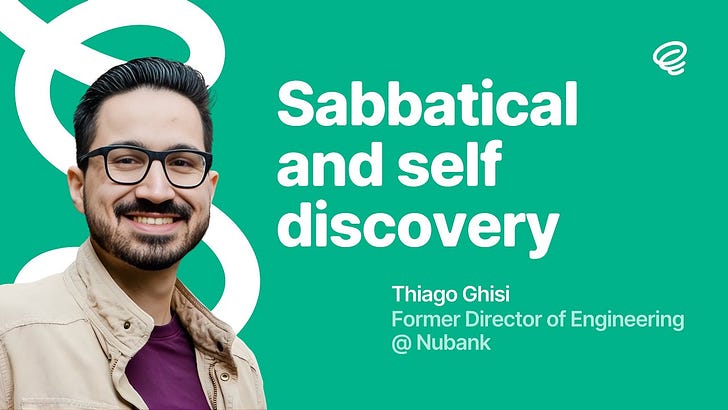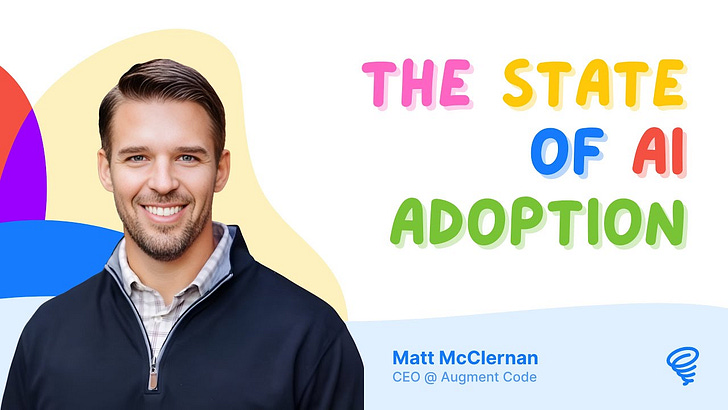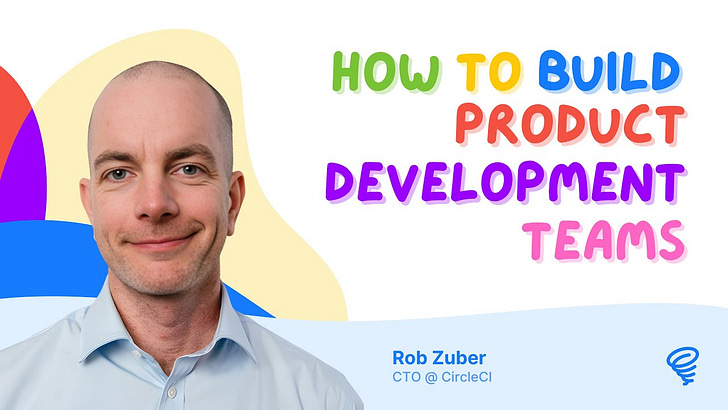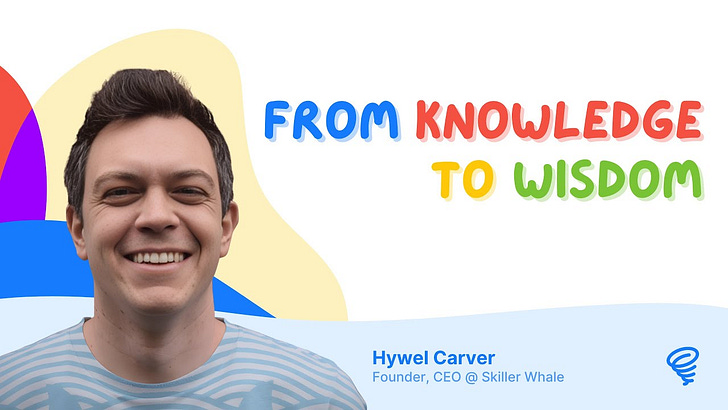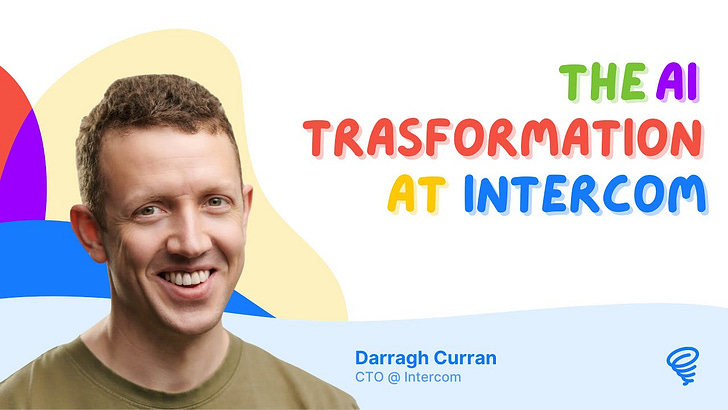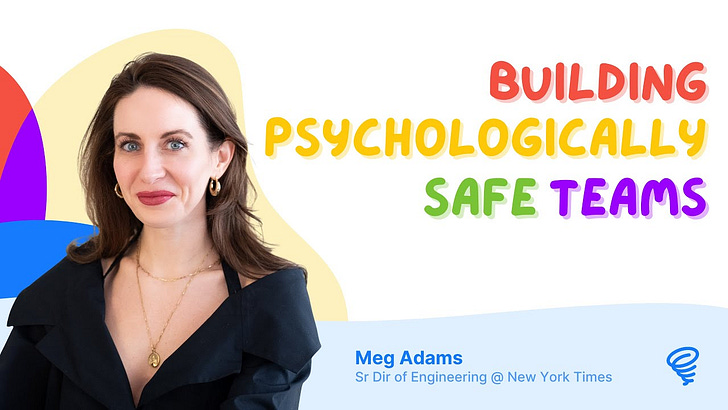Today's guest is Annie Duke, who is a former world-class professional poker player and one of the world's top experts on decision-making. She's a bestseller author and coach of many tech founders and teams.
With Annie we talked about her journey from studying decision science to becoming a top poker player and back to decision-making. We explored how to make good decisions under uncertainty, alone and in a team. And we particularly focused on quitting decisions, what makes for a good versus a bad quit and why we are so bad at recognizing those.
Today’s sponsor is Unblocked!
Unblocked brings all the context about your codebase together, so your team gets expert-level answers, no matter where they’re working.
🎙️ Episode
You can watch the full episode on Youtube:
Or listen to it on Spotify, Apple, Overcast, or your podcast app of choice.
🥇 Interview Summary
If you are a 🔒 paid subscriber 🔒 you will find my own summary of the interview below.
It’s the 10-minute, handcrafted takeaways of what we talked about, with timestamps to the relevant video moments, for those who don’t have time to sit through the 1-hour chat.
Here is the agenda for today:
🎯 Annie's Journey from Academia to Poker to Decision Science
🧠 The Problem of "Resulting" in Decision-Making
⚡ Creating Shorter Feedback Loops
📋 Four Principles of Good Decision-Making
🚪 The Underrated Skill of Strategic Quitting
Let's dive in 👇




